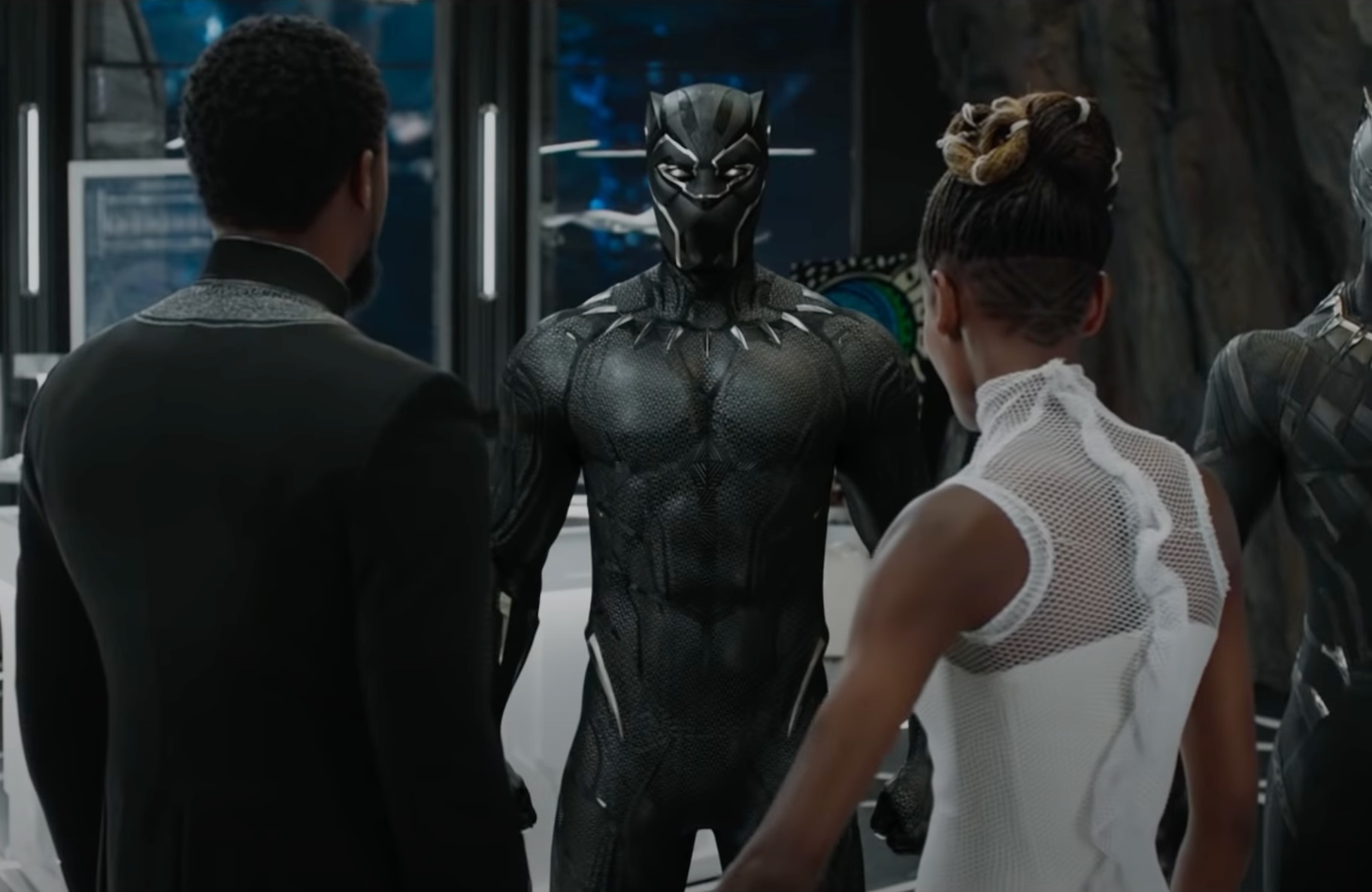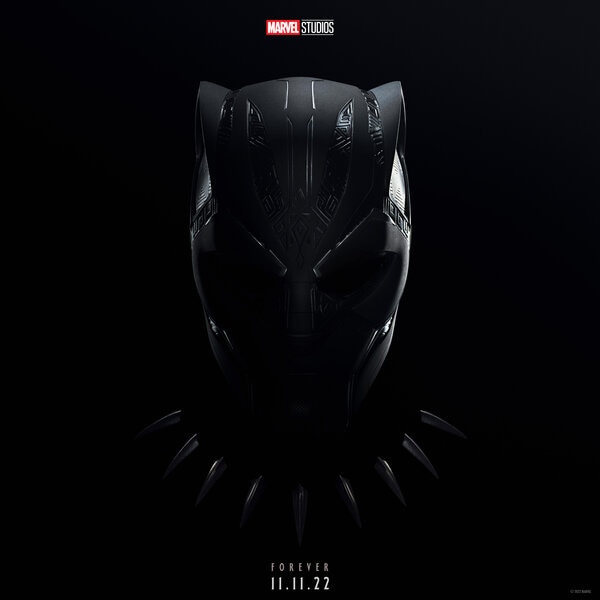Create a free profile to get unlimited access to exclusive videos, sweepstakes, and more!
'Wakanda Forever' demonstrates the power and limitations of live-action superhero stories
Comic books can bring back any character at any time. Movies, where a real person plays a hero, are different.

They say nobody stays dead in superhero comics. Whether through resurrection, multiversal duplicates, or a good old-fashioned ret-con, superhero characters never stay gone for long. At worst, this revolving door of death undermines the stakes. At best, though, the fact that anybody can, in theory, come back at any time means there are tons of surprises, and that not even the grave can stop old, beloved characters from making an impact in the next big story.
Superhero movies, however, aren’t like this — and no movie makes that clearer than Black Panther: Wakanda Forever, a film that highlights both the weaknesses of a live-action superhero adaptation as well as the uniquely emotional stakes.
King T’Challa, the Black Panther, is dead in the Marvel Cinematic Universe, and he won’t be coming back. The reason why his death is final is a tragic one, as Chadwick Boseman, who made Black Panther iconic in four previous MCU films, died of colon cancer in 2020. Marvel opted not to recast T’Challa, and the new film opens with him dying, off-screen, of an unspecified illness. The rest of the movie is about how Wakanda mourns its king.
RELATED: Angela Bassett initially objected to that 'Wakanda Forever' twist for Queen Ramonda
Wakanda Forever is an imperfect movie. It’s overlong and overstuffed, with distracting subplots like Riri William’s backdoor Ironheart pilot. And yet, for all its flaws, the emotional core of the film — the in-fiction mourning of T’Challa and the real-life mourning of Boseman — are undeniably powerful.
It’s a sort of power that comic books can’t quite match because they aren’t as real. In any of his countless appearances in the pages of Marvel comics over the decades, T’Challa has been an illustration. Sure, he’s been created by real people. Comic fans grieve when beloved writers or artists die, and we remember and honor their lives and their work. When that happens, though, the character endures. Marvel can hire a new writer or a new artist. It’s not heartless, it’s just the way things work in comics. The character can go on to have new stories. Maybe they’ll look different or be written differently. Maybe things won’t be the same. But the character can’t die because he never really lived.
That’s a huge opportunity for comics. Villains who may have met their end hundreds of issues ago can shockingly pop back up to threaten a hero once more. Somebody just needs to draw the bad guy and once more, they exist. The created nature of comic characters offers benefits beyond just fictional death, though. Characters from the 1940s can freely appear in modern stories. If this were live-action, such a move would either require a nearly 100-year-old actor, or else recasting. In comics, though, a character can freely appear looking, for all intents and purposes, exactly the same.
Even beyond the tragedy of Boseman’s death, the MCU is already starting to show the limitations of casting real people, because a character (typically) can’t make a new appearance in the MCU unless the actor who plays them wants or is able to come back. Paydays aside, actors don’t necessarily want to be shackled to the franchise forever. Robert Downey Jr. and Chris Evans both made their exit from the franchise in Avengers: Endgame, and while it’s not inconceivable that either could return, it makes the possible reappearance of Tony Stark of Steve Rogers much more complicated.
Granted, Marvel has been pretty good at getting people to come back when they really need ‘em — but consider what a big deal it was when Nathalie Portman reprised her role as Jane Foster in Thor: Love & Thunder. These actors aren’t going to be around forever, whether because they’re moving on and don’t want to spend another several months in Atlanta to film Thor 8, or because they’ve died. (There’s a reason why the recent phase of MCU movies has been about introducing the ostensible next generation of Avengers. It’s torch-passing time.)
Marvel has recast actors before. Mark Ruffalo and Don Cheadle replaced Ed Norton and Terrence Howard, respectively. Harrison Ford is replacing the late William Hurt as Thaddeus Ross in the next Captain America movie. The first two instances happened early in the franchises’ run, before Norton or Howard really ingrained themselves with audiences. And Thaddeus Ross is a supporting character. No MCU recasting has been anywhere near the level that recasting Iron Man, Captain America, or Thor would be after dozens of films. No recasting has been anywhere near the level that recasting Black Panther would be.
But if the comparative finality of a live-action character’s exit from the franchise deprives fans of the chance to see that character in action again, it offers a greater sense of meaning. Iron Man’s sacrifice at the end of Endgame meant more because audiences knew this was RDJ’s last hurrah. Old Man Steve Rogers meant more because we knew Evans was stepping away, too.
And, in Wakanda Forever, the death of T’Challa means more because we know the actor who played him is gone. He can’t be brought back with the stroke of an artist’s pen. We will never see T’Challa again in the MCU. And, as a result, we celebrate his life all the more.
Black Panther: Wakanda Forever is in theaters now.
Looking for more superhero action? Stream Fantastic Four, Ghost Rider, and more on Peacock right now.



























